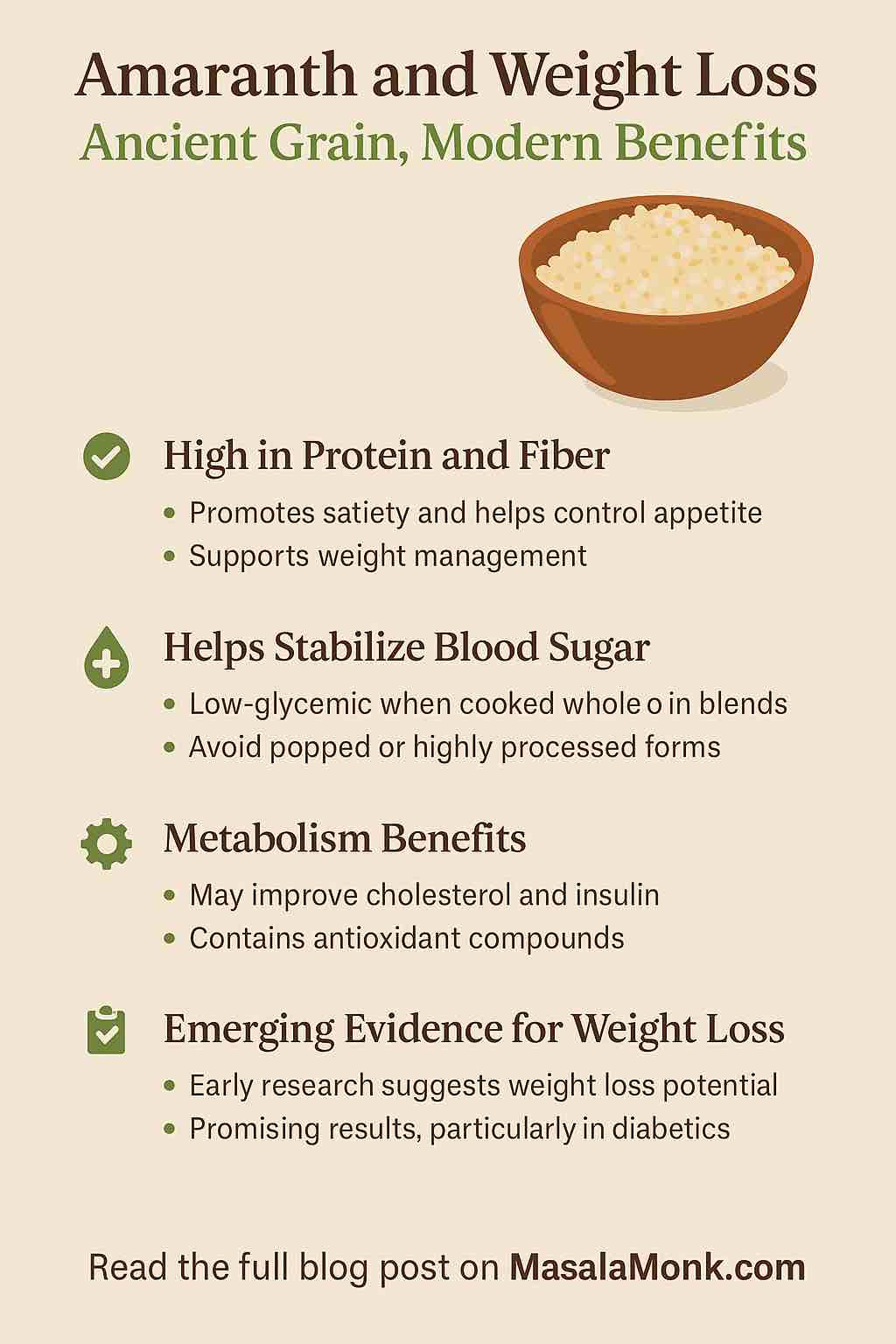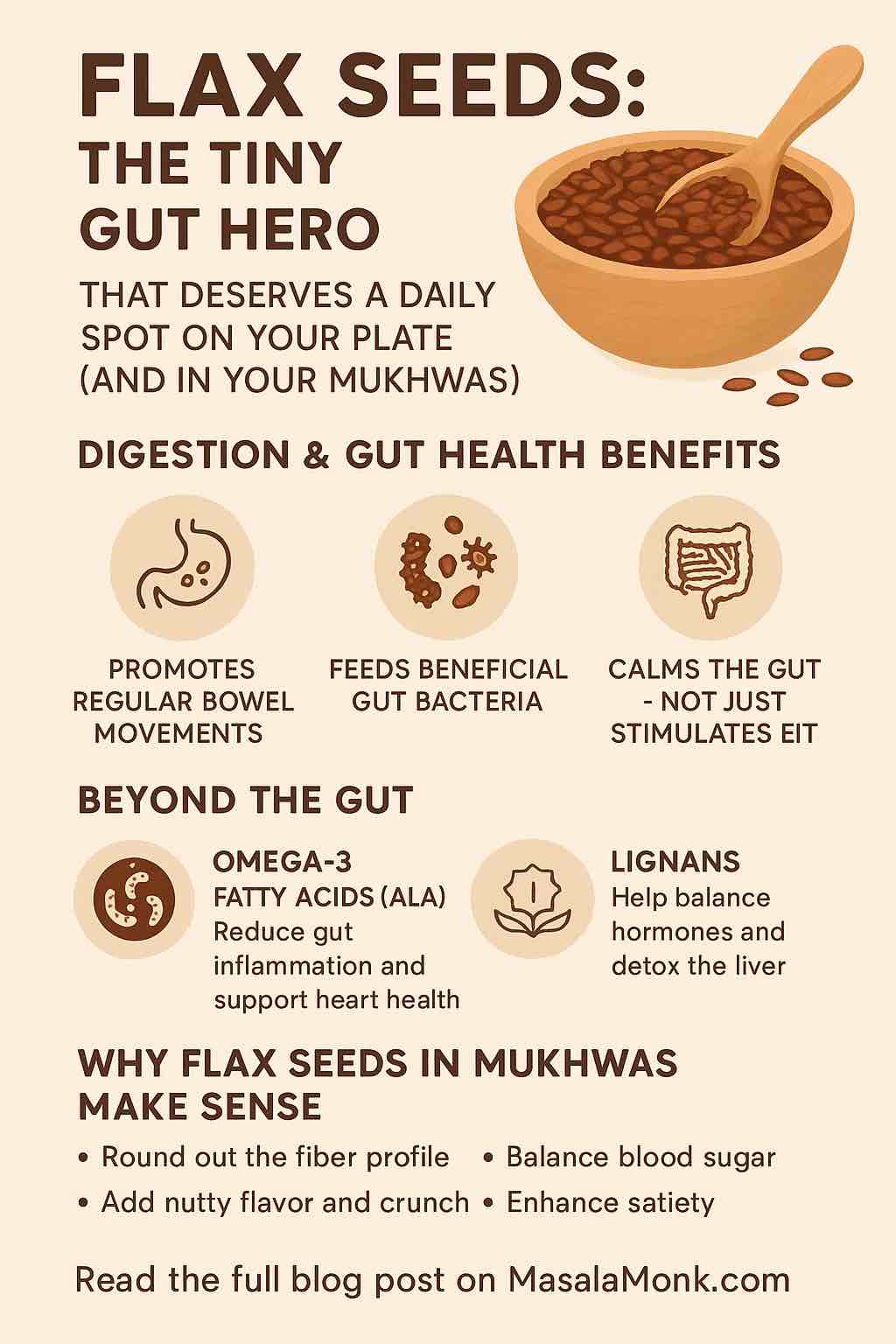
For thousands of years, amaranth has been revered as a sacred grain by ancient civilizations like the Aztecs. Fast forward to today, and this resilient, nutrient-dense pseudocereal is experiencing a modern revival — not just for its cultural history, but for its compelling health benefits. Among them, one of the most talked-about is its potential role in weight management.
So, is amaranth really the secret weapon for your health and fitness goals? Let’s dig deep into the latest science, uncover its nutritional profile, and explore how you can practically integrate this supergrain into your weight-loss journey.
1. Nutritional Powerhouse: More Than Just a Grain
Amaranth isn’t technically a grain; it’s a pseudocereal, meaning it mimics grains in its nutritional properties but comes from a different plant family. Here’s what makes it stand out:
- High-quality protein: Unlike most plant foods, amaranth contains all nine essential amino acids, making it a complete protein source. One cup of cooked amaranth offers about 9 grams of protein.
- Rich in fiber: With over 5 grams of fiber per cup, amaranth aids digestion, promotes fullness, and helps regulate blood sugar.
- Loaded with micronutrients: It’s an excellent source of magnesium, iron, phosphorus, and manganese.
- Naturally gluten-free: A great alternative for those with celiac disease or gluten sensitivities.
2. Satiety and Appetite Control: Stay Fuller, Longer
One of the key challenges in any weight loss plan is managing hunger. Amaranth excels in this area due to its high protein and fiber content, both of which are well-documented to:
- Slow digestion and prolong the feeling of fullness
- Reduce overall caloric intake
- Improve metabolic rate due to the thermic effect of protein
Real-world tip: Swap out white rice or pasta with a serving of cooked amaranth. Not only will you feel fuller, but you’ll also avoid the blood sugar rollercoaster that comes with refined carbs.
3. Glycemic Index: Depends on the Form
The glycemic index (GI) is a measure of how quickly a food raises blood sugar. Stable blood sugar is key for fat loss and appetite control.
- Whole, cooked amaranth has a low to moderate GI (~46–65 depending on preparation).
- Popped or puffed amaranth, on the other hand, can have a very high GI (>95).
Pro tip: Use whole grain or flaked amaranth for porridge or baking. Avoid sweetened puffed cereals if your goal is weight loss.
4. Metabolic Benefits: Beyond the Scale
Weight loss isn’t just about counting calories. A healthy metabolism makes fat loss easier, and here’s where amaranth may shine:
- Amaranth oil has been shown in studies to lower LDL cholesterol and improve insulin sensitivity.
- In animal models, amaranth supplementation reduced liver fat and inflammation markers.
- A recent 2024 study on people with poorly controlled diabetes showed improved BMI and lipid profiles after amaranth integration.
While more human trials are needed, these findings suggest amaranth supports metabolic health, which in turn supports weight management.
5. Gut Health and Inflammation
Emerging research ties gut health and inflammation directly to obesity and metabolic dysfunction. Amaranth’s fiber and polyphenol content help:
- Feed beneficial gut bacteria
- Reduce systemic inflammation
- Improve nutrient absorption
Animal studies have shown restored gut microbiota diversity in high-fat diet models when supplemented with amaranth.
Practical takeaway: Combine amaranth with fermented foods like yogurt or kimchi for a gut-friendly, slimming combo.
6. How to Cook and Use Amaranth for Weight Loss
The versatility of amaranth is one of its biggest assets. Here are some practical, tasty ways to incorporate it:
- Breakfast porridge: Simmer with water or plant milk, then top with cinnamon, berries, and flax.
- Salad booster: Toss cooked, chilled amaranth into salads for added texture and nutrients.
- Soup thickener: A tablespoon of amaranth adds bulk and nutrients to veggie soups.
- Baking: Use amaranth flour in gluten-free baking or pancake batters.
Pro tip: Soak or sprout amaranth before cooking to enhance mineral absorption and digestibility.
7. What to Watch Out For
Despite its benefits, not all amaranth products are equal:
- Avoid sugar-laden amaranth bars and cereals marketed as healthy.
- Portion control still matters — amaranth is calorie-dense.
- Be mindful of how it’s processed. Light cooking, sprouting, or fermenting retains nutrients better than extrusion or puffing.
Final Thoughts: Is Amaranth Right for You?
If you’re looking for a nutritious, filling, and versatile food to support your weight loss goals, amaranth is a smart choice. Its blend of protein, fiber, and bioactive compounds makes it more than just another ancient grain — it’s a modern tool for metabolic resilience.
While it’s not a magic bullet, when combined with whole foods, active living, and mindful eating, amaranth can play a powerful role in your wellness toolkit.
Ready to give it a try? Start with one small swap a day and let this ancient grain modernize your plate — and your goals.
FAQs
1. Is amaranth good for weight loss?
Yes. Amaranth is rich in protein and fiber, which promote satiety and help regulate appetite. It also supports metabolic health, which is essential for effective and sustainable weight loss.
2. How much amaranth should I eat daily for weight management?
A typical serving is ½ to 1 cup of cooked amaranth per day. It’s calorie-dense, so portion control is key—especially if you’re watching your total caloric intake.
3. Can I eat amaranth at night?
Absolutely. Due to its slow-digesting carbs and protein, it can help you feel full without causing blood sugar spikes. A small serving as part of a balanced dinner is a good option.
4. What’s better for weight loss: popped or cooked amaranth?
Cooked amaranth is better—popped versions have a higher glycemic index and are often found in sugary products. Cooking it whole preserves fiber and reduces blood sugar spikes.
5. Is amaranth better than quinoa for weight loss?
Both are excellent. Amaranth has slightly more protein and iron, while quinoa may be a bit lighter in texture and more versatile in cold dishes. Try rotating both to diversify nutrients.
6. Can I eat amaranth every day?
Yes, as long as you vary the preparation and maintain a balanced diet. To enhance mineral absorption, soak or sprout the seeds before cooking.
7. Does amaranth cause bloating or digestive issues?
For some, its high fiber can cause gas or bloating if introduced too quickly. Start with small amounts and drink plenty of water. Sprouting or soaking helps reduce these effects.
8. Can I use amaranth flour for baking while on a weight-loss plan?
Yes, but use it in moderation. Amaranth flour is nutrient-dense but calorie-rich. Pair it with lower-calorie flours or binders (like oats or almond flour) for better balance.
9. Is amaranth safe for people with gluten sensitivity?
Yes, amaranth is naturally gluten-free and safe for people with celiac disease or gluten intolerance.
10. Can I eat amaranth raw?
No. Raw amaranth contains anti-nutrients like oxalates and phytates. Always cook, soak, or sprout it to improve digestion and nutrient bioavailability.













